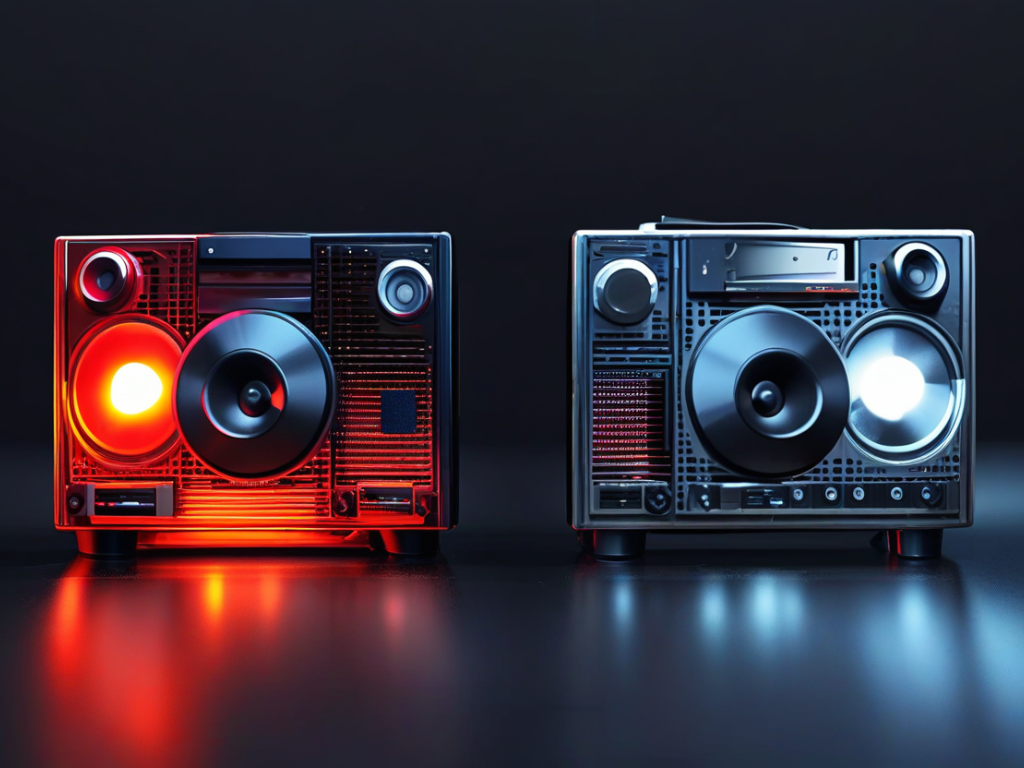As audio enthusiasts, we constantly seek the best possible sound quality to enhance our listening experience. When it comes to digital music, the choice between lossless audio formats such as FLAC and WAV can be crucial for achieving optimal audio quality on our music players. In this article, we will delve into the nuances of FLAC vs. WAV to demystify these formats and help you make informed decisions when choosing the right format for your music player.
In this article you will find:
- Understanding Lossless Audio Formats
- FLAC (Free Lossless Audio Codec)
- Key Features of FLAC:
- WAV (Waveform Audio File Format)
- Key Features of WAV:
- Comparing FLAC and WAV
- Use Case Scenario:
- Conclusion
Understanding Lossless Audio Formats
Before we compare FLAC and WAV, it’s essential to understand what lossless audio formats entail. Lossless audio compression preserves the original audio data without any loss in quality during the compression process. This results in high-fidelity audio playback that closely mirrors the original recording.
FLAC (Free Lossless Audio Codec)
FLAC is a popular lossless audio format known for its efficient compression algorithm that reduces file size without compromising audio quality. It is widely supported by various music players, making it a versatile choice for audiophiles. FLAC files typically offer smaller file sizes compared to WAV, making them ideal for storing large music collections without sacrificing audio fidelity.

Key Features of FLAC:
- Lossless compression
- Tagging support for metadata
- Wide compatibility with music players
WAV (Waveform Audio File Format)
WAV is a standard uncompressed audio format that retains all the original audio data without any compression. While WAV files offer uncompromised audio quality, they tend to be larger in size compared to FLAC. WAV is commonly used in professional audio production due to its raw, unaltered audio representation.
Key Features of WAV:
- Uncompressed audio data
- Simple file structure
- Native support in various recording software
Comparing FLAC and WAV
When choosing between FLAC and WAV for your music player, consider your priorities in terms of audio quality and file size. FLAC offers a good balance between high audio fidelity and reasonable file size, making it a practical choice for everyday listening. On the other hand, WAV provides uncompressed audio purity but at the cost of larger file sizes, which may impact storage capacity.
Use Case Scenario:
For audiophiles who prioritize absolute audio quality and have ample storage space, WAV might be the preferred format. In contrast, casual listeners or those with limited storage options may opt for FLAC to enjoy high-quality audio without significantly increasing file sizes.
Conclusion
Ultimately, the choice between FLAC and WAV for music players depends on your individual preferences and requirements. Whether you prioritize file size, audio quality, or compatibility, both formats offer distinct advantages for enhancing your listening experience. By understanding the differences between FLAC and WAV, you can make informed decisions that suit your specific needs and preferences in the realm of digital music playback.

